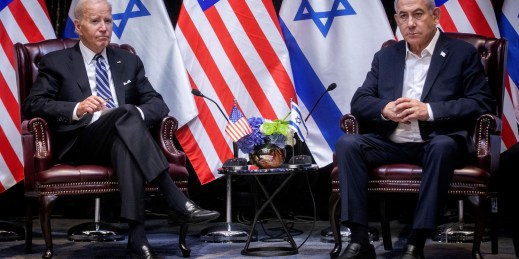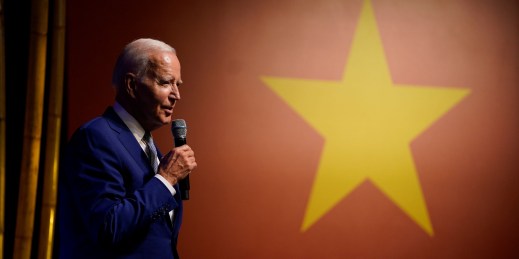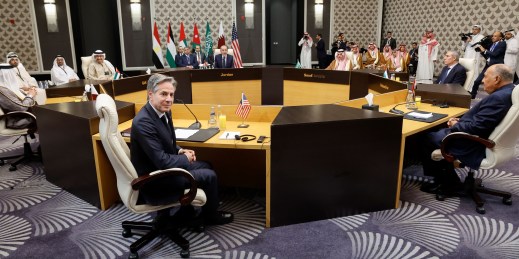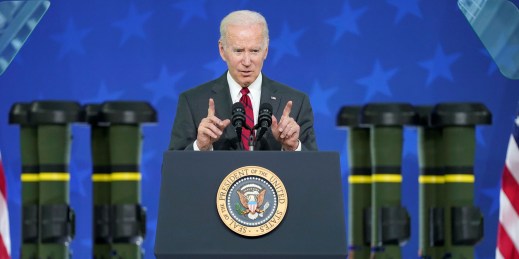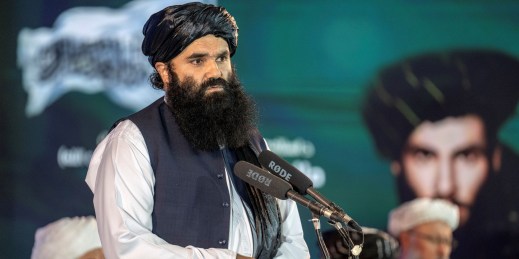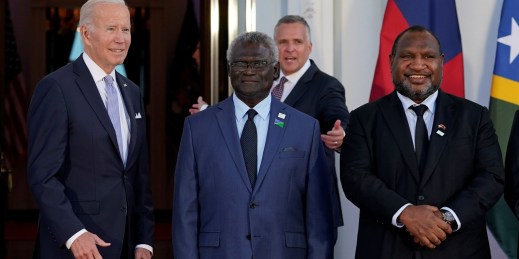
The Solomon Islands has become the focus of a fierce geopolitical rivalry between the allies of the U.S. on one hand, and China on the other, after announcing an extensive security pact with Beijing a year and a half ago. But some are concerned that great power competition is overshadowing national development priorities.

